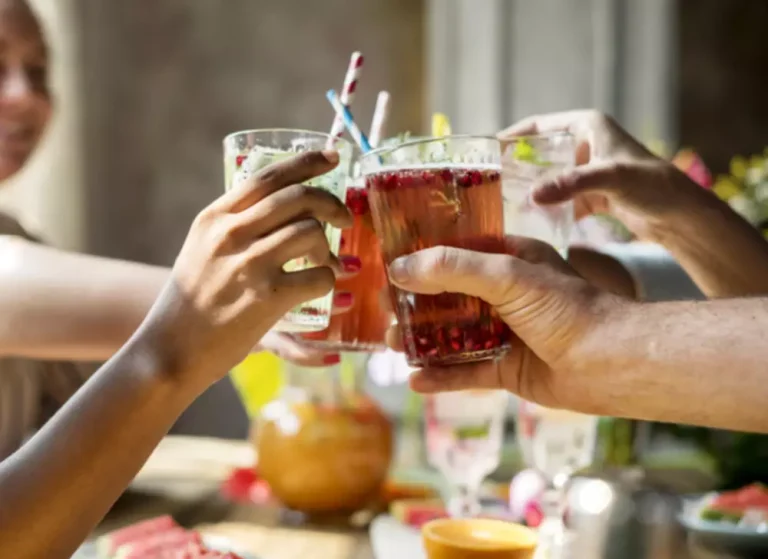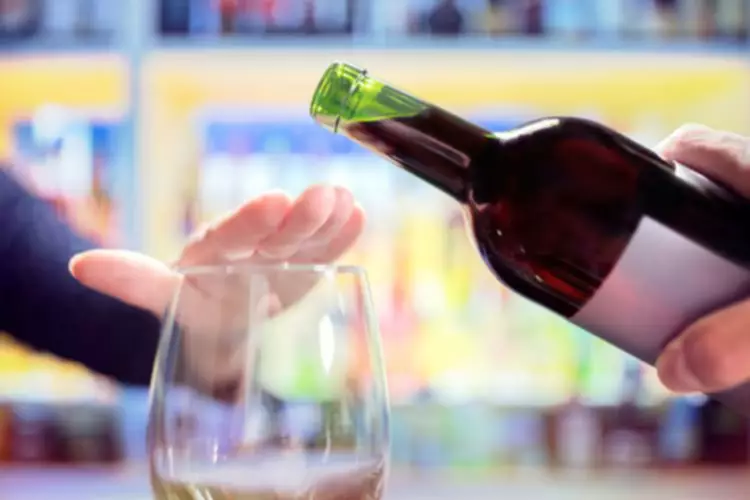The Twelve Steps Alcoholics Anonymous

She comes to The Freedom Center with over 14 years of direct experience in residential and outpatient treatment between the private and federal sectors. Client wellness, especially when dealing with the delicacy of addictions, remains a priority that drives his full engagement and committed nature. Drinking triggers are situations that make us feel the urge to drink. For someone in recovery from alcohol use disorder, this can be very risky and potentially lead to a relapse.
What is Step One of Alcoholics Anonymous?
It is said the 12 steps of AA is compared to markers put out lovingly on a path by those who preceded us, to direct us on our journey. The journey can seem daunting from the perspective powerless over alcohol of a person at the beginning but fortunately all we are asked to do is to take one step at a time. You have to accept and understand that you can’t recover from AUD on your own.
How Quitting Drinking Might Make You Look Younger
Recovery is a journey of transformation, and each step you take brings you closer to a life free from the shackles of addiction. Step One is the foundational step in both Alcoholics Anonymous (AA) and Narcotics Anonymous (NA). It is the starting point of the 12-step recovery process and sets the stage for acknowledging the depth of addiction and the need for help.
Tips for Starting and Working Step 1 of AA
The mental obsession and physical cravings increase after the first drink, causing the person to drink more. Accepting this powerlessness is a crucial step in recovery, as it allows individuals to seek the necessary help and support to regain control over their lives and work towards sobriety. Recognizing and accepting powerlessness over addiction is not the end of the story – it’s the beginning of a new chapter. It’s the first step on a challenging but rewarding journey towards reclaiming your life and your power. Social and environmental influences also play a crucial role in the development and maintenance of addiction.
But I had hit my rock bottom due to a tidal wave of emotions that sunk my ship. My life was a mess, and I had no idea how to contend with the internal rubble. I realized that I was really powerless over addiction and my emotional life was out of control. Some people believe AA is intricately tied to religion by seeking a “higher power.” Rather, AA members are encouraged to understand they’re powerless in changing their addictive behavior. In fact, many members don’t perceive a need for a “higher power.” Instead of seeking spirituality, which helps in recovery, they seek assistance from the AA fellowship.

Patient Care Network
Whether you are attempting to get sober for the first time or you are returning to sobriety after a relapse, it can be hard to admit that you are unable to stop drinking on your own. Spero Recovery Center is a peer-based residential recovery program. It is not a substitute for clinical treatment or individualized therapeutic services. Admitting powerlessness means accepting what is true and what is not. It encourages acceptance of the circumstances rather than denying them.
- Your alcohol addiction is a physical compulsion beyond your control—a progressive illness that defies common sense.
- When no alcohol or other chemicals bathe the addicted brain, its motivation to return to use is thwarted.
- Coming to terms with powerlessness can be one of the most challenging aspects of Step One.

There may be setbacks and challenges along the way, but each step forward is a victory. Financial and career repercussions are common as addiction takes precedence over work responsibilities and financial obligations. It’s like watching your future slip through https://ecosoberhouse.com/ your fingers, one missed opportunity at a time. The impact of addiction extends far beyond the individual, creating ripples that touch every aspect of life. It’s like dropping a stone into a pond – the effects spread outward, affecting everything in its path.
- For some people the road they traveled getting to the first step in AA has been more than enough to convince them that unconditional surrender is the only option for recovery.
- It is not an excuse to continue in a destructive cycle because there’s nothing you can do about it.
- But sharing your experience and the unmanageability lifts the burden of lugging them around in secret.
James Scribner
It’s a lonely road, paved with broken promises and missed opportunities. The inability to control substance use or behavior is perhaps the most glaring red flag. It’s like trying to stop a runaway train with your bare hands – no matter how hard you try, you can’t seem to slow down or stop. News asked celebrity girl dads to write letters sharing advice for their tiny glass ceiling shatterers and they delivered.
This assignment starts to create awareness of how this disease damages one’s life. When you lay it all out, you will see that you did not have control in those moments. Psychological factors, such as trauma, stress, or mental health issues, can create fertile ground for addiction to take root. Many people turn to substances or addictive behaviors as a way to cope with emotional pain or numb uncomfortable feelings. It’s like using a Band-Aid to cover a gaping wound – it might provide temporary relief, but it doesn’t address the underlying issue. Admitting powerlessness is essentially waving the white flag and recognizing that you cannot try to drink anymore.

So if you tell your sponsor or other safe person that you drank as soon as you can after sobering up, it can be a way of admitting you are powerless over alcohol. Alcoholics Anonymous (AA) is one of the oldest and perhaps the most recognized alcohol addiction treatment programs. With a history stretching back for decades, AA operates on its 12 Steps method, which gives a roadmap for those seeking recovery. Understanding the 12 Steps of Alcoholics Anonymous can be vital in helping you achieve or maintain recovery.



 المنصة التعليمية
المنصة التعليمية دولة اﻹمارات
دولة اﻹمارات اقتصاد
اقتصاد تسوق
تسوق ثقافة وعلم
ثقافة وعلم ترفيه وفن
ترفيه وفن عن شبكة مقروء
عن شبكة مقروء